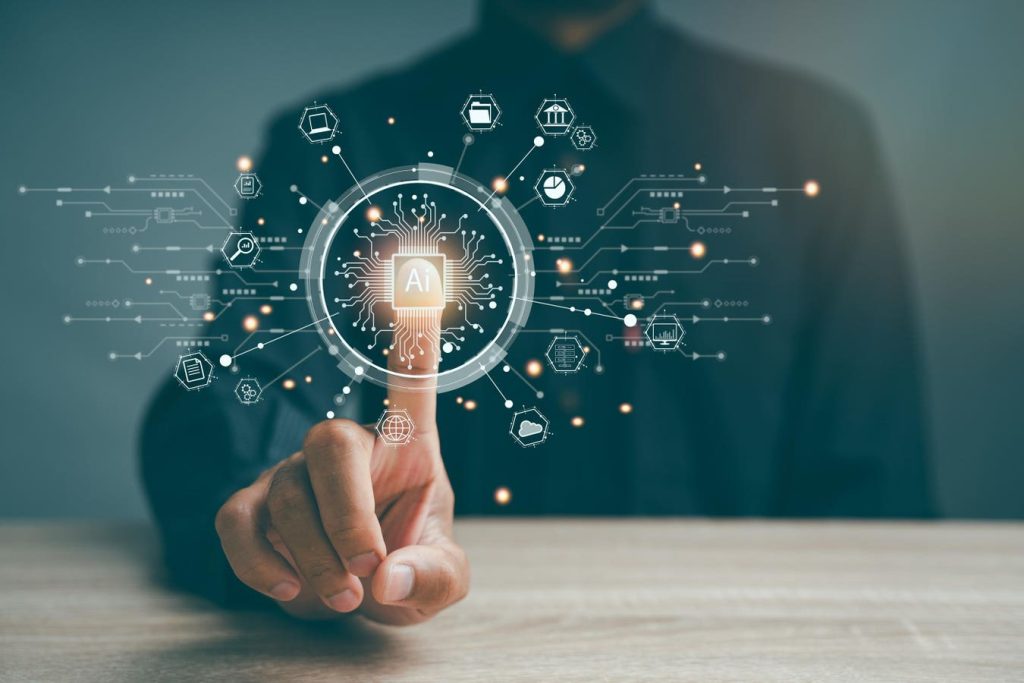Artificial intelligence (AI) is revolutionizing the way businesses operate, with many organizations looking to AI tools to increase productivity. While AI can offer numerous benefits, it is crucial for businesses to proceed with caution and understand its limitations. Rapid integration of AI without proper planning could lead to unforeseen consequences that may impede organizational efficiency.
One potential pitfall of relying too heavily on AI is diminished customer interaction. While AI-driven solutions like chatbots can streamline basic customer inquiries, they cannot fully replace human interaction. Over-reliance on automated customer service can depersonalize the customer experience, dilute a brand’s voice, and lead to reduced customer satisfaction. Businesses must strike a balance between automation and human touch to maintain strong customer relationships and prevent customer churn.
Another challenge posed by AI is generic content creation. While large language models like ChatGPT can generate vast amounts of content quickly, there is a risk of producing generic and indistinct messaging. Without human creativity and originality, businesses may struggle to differentiate themselves from competitors and convey a unique brand voice. It is essential for businesses to ensure that AI-generated content complements, rather than replaces, human-driven creativity.
In the realm of data aggregation, AI technologies can process vast amounts of data rapidly, but they are not infallible. AI tools may make errors, highlighting the importance of human oversight in data analysis. Businesses must be prepared to catch mistakes and provide context-specific insights to avoid making strategic decisions based on inaccurate analysis. Human expertise remains crucial in navigating complex data landscapes and ensuring data accuracy.
When it comes to business analysis, AI tools may excel at certain tasks like drafting generic documents, but they lack the ability to assess risk, consider intangibles, and make nuanced judgment calls. Businesses that rely too heavily on AI for complex decision-making may be at risk of costly mistakes. Human expertise is essential in contextualizing projects, assessing variables unique to a business, and navigating strategic landscapes where AI falls short.
Generative AI (GenAI) is increasingly popular in creative fields like web development and graphic design, where it can generate visual content rapidly. However, GenAI lacks the ability to make aesthetic judgments that human operators can. Businesses that remove human guidance from the creative process may end up with derivative or unappealing creations. It is important for businesses to strike a balance between leveraging AI for efficiency and creativity and maintaining human expertise for qualitative assessments.
In conclusion, businesses must approach AI adoption thoughtfully and strategically, gradually migrating to AI technologies while maintaining a human-in-the-loop approach. By partnering with experts who can provide human safeguards, businesses can harness the strengths of AI while preserving the human elements that are essential for creativity, analysis, and customer relationships. Adopting a balanced approach to AI integration will enable businesses to unlock the full potential of AI technologies while avoiding potential pitfalls.













